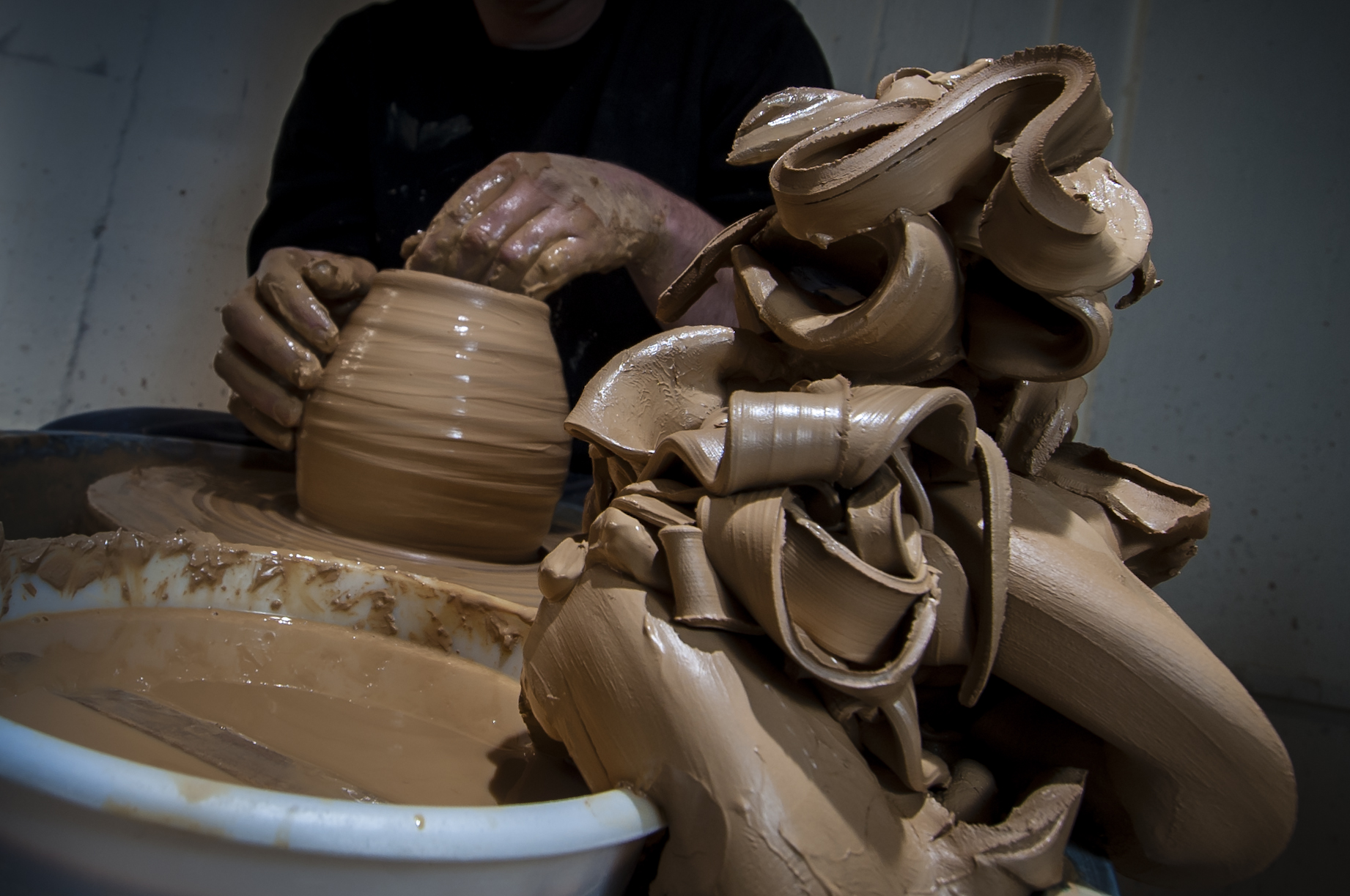"The Lord has made all for Himself, yes, even the wicked for the day of doom" (Proverbs 16:4).
This verse amazes me, because it turns a complex and difficult topic into one simple sentence. It tells us that God, Jehovah, is the Creator, and that He has made all things, including the wicked, not for our own purposes, but for His. Paul uses the image of the potter to convey the same concept: "You will say to me, then, 'Why does He still find fault? For who has resisted His will?' But indeed, O man, who are you to reply against God? Will the thing formed say to him who formed it, 'Why have you made me like this?' Does not the potter have power over the clay, from the same lump to make one vessel for honor and another for dishonor?" (Romans 9:19-21; see also Jeremiah 18:1-17). Paul's "vessel for dishonor" is the same as Proverbs' "wicked."
Such Scriptures leave no ground for imagining human autonomy. The God of the Bible is no pagan deity who molds people like pinballs to bounce their own way through life at their own whim or mystical karma/fate. In fact, it is exactly this rejection of autonomy which is the real justification for unbelief. the unbeliever desperately desires to imagine that he is the captain of his own fate, and his imagination is cast down if he ever acknowledges that God is God and the man is not.
We see the same thing in the addict of free-will theology. He, too, retains from unbelief the assumption of his own autonomy. "God didn't create us to be robots," he protests. No, God made us to be His servants; it is sin that makes us robots. Yet, the free-will theologian has nothing to say about his enslavement sin. That, he never says out loud, is preferable to being enslaved to the God who made him.
